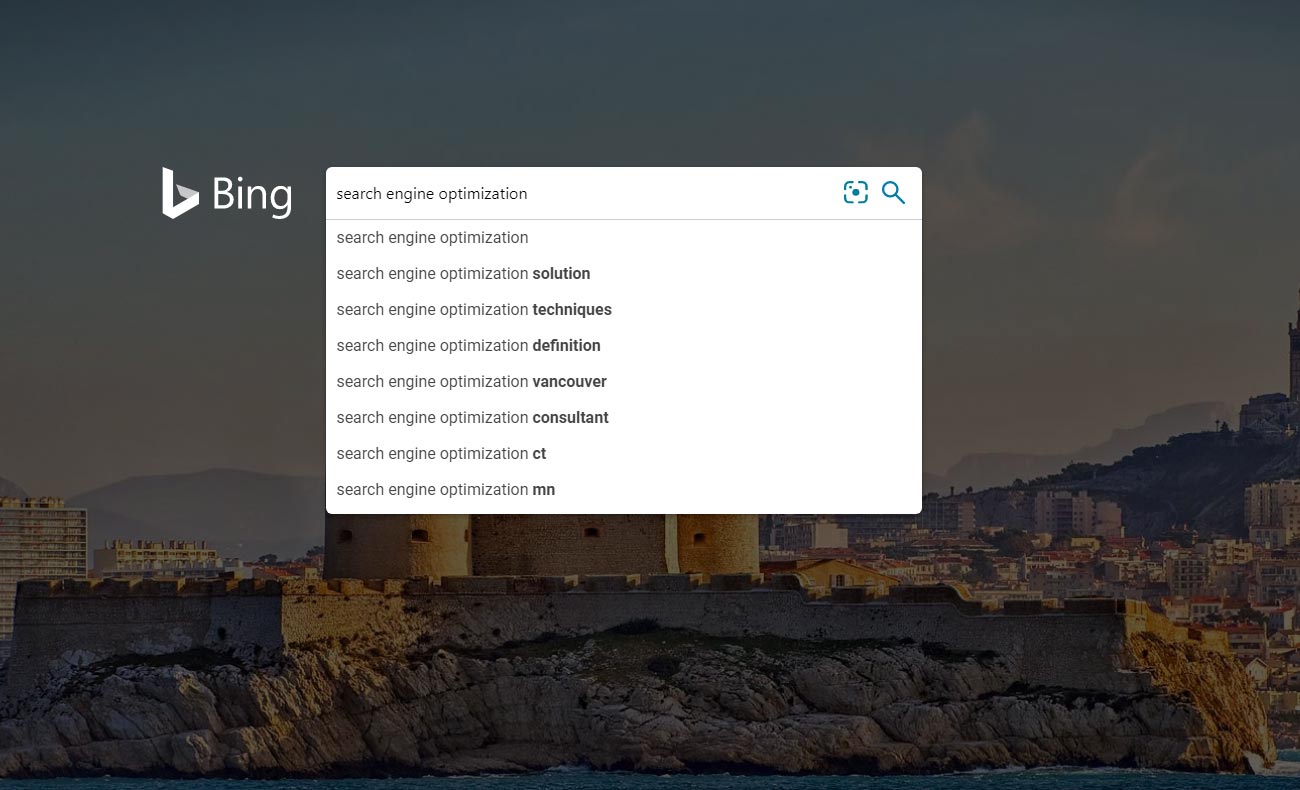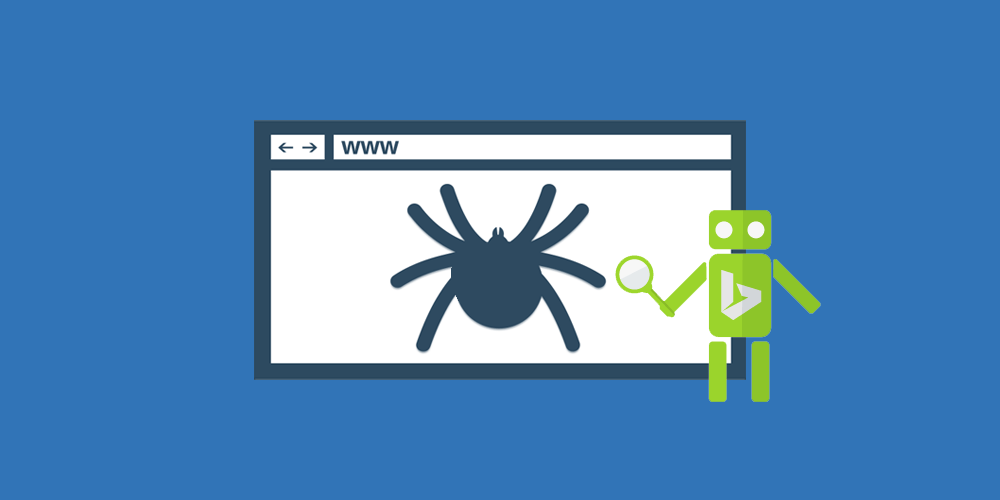Bing, the search engine from Microsoft, is far from being the first in the world. But still, it's relatively small market share is huge when it comes to numbers.
For web owners and webmasters, it should be noted that if they are targeting Bing users, they need to know that the search engine has its own criteria, and isn't going to index everything it finds.
In general, Bing does not want to index junk content.
For example, if a web page is empty, has a broken user experience, JavaScript errors and more. Bing does not want to index those pages.
Bing also does not want to index spammy content or pages that have malicious activities on them.
Another way of saying this, Bing will consider a page's quality before indexing it.
According to its Webmaster Guidelines, Bing wrote that:

Before going to what Bing hates, web owners and webmasters should first know what Bing likes.
On Bing's Webmaster Guidelines, Bing wrote that its search results are generated using algorithms to match whatever users' queries are. And to do that, Bing looks at certain parameters.
For example, it requires the website to have contents that are relevant to users query. Then there is the quality and the credibility.
Bing also considers user engagement, meaning that Bing sees how users interact with search results.
Then there is the freshness. Bing highlights that if a content is constantly updated to include newest information, Bing will consider that as a plus.
And of course, Bing also considers users' location as a criteria. Bing prioritizes local results (where the content comes from the same country or city as the user). In this case, Bing also looks at the language of the website.
For last, Bing sees website loading speed as important.
"Slow page load times can lead a visitor to leave your website, potentially before the content has even loaded, to seek information elsewhere. Bing may view this as a poor user experience and an unsatisfactory search result. Faster page loads are always better, but webmasters should balance absolute page load speed with a positive, useful user experience," Bing wrote.

With that said, on the 'Abuse and Examples of Things to Avoid' section, the Bing Webmaster Guidelines wrote that there are a number of ways web owners and web masters can do that may be considered abusive.
"As a result, these sites can incur ranking penalties, have site markup ignored, and may not be selected for indexation," wrote Bing.
The things to avoid, include:
- Cloaking: This practice is when a website shows one version of a web page to a specific web crawler, and another to regular visitors.
- Link Schemes, Link Buying, Link Spamming: These methods can increase the number of backlinks. But to Bing, the methods will fail to bring quality links, meaning that if abused, Bing may delist the website.
- Social media schemes: These are similar to link farms in that they seek to artificially exploit a network effect to game Bing's algorithm.
- Duplicate content: If a website has duplicate content across multiple URLs, this can lead to Bing losing trust in some of those URLs over time.
- Scraped Content: This is when websites copy content from other websites (usually from those that are more reputable). Slightly modifying someone else's content is also considered scraping. Bing doesn't like this kind of content, and suggest publishers to create original content that has value.
- Keyword Stuffing or loading pages with irrelevant keywords: Content should target human visitors first, then search engines. If a web page is stuffed with keywords to entice search engines to rank that content better, Bing will do the other way around, and may instead delist that website.
- Automatically generated content: What includes here, is content that is generated by an automated computer process, application, or other mechanism without the active intervention of a human.
- Affiliate programs without adding sufficient value: Websites that link products from other websites, but pretend that they are an official retailer or in affiliation with those sites. Bing may demote or even delist those sites.
- Malicious behavior: Bing does not allow websites on its search results to participate in phishing or installing viruses, trojans, or other "badware". Malicious behavior can lead to demotion or even the delisting of the website from Bing's search results.
- Misleading structured data markup: Site with markups must be accurate and representative. Bing dislikes misleading structured data markup because it may add irrelevant markup can result in inaccurate or misleading information.
Websites can do all sorts of SEO methods, only if they are legitimate practices and not abusive.
"The majority of SEO practices render a website that is more appealing to Bing, however, performing SEO-related work does not guarantee rankings will improve or sites will receive an increase in traffic from Bing."